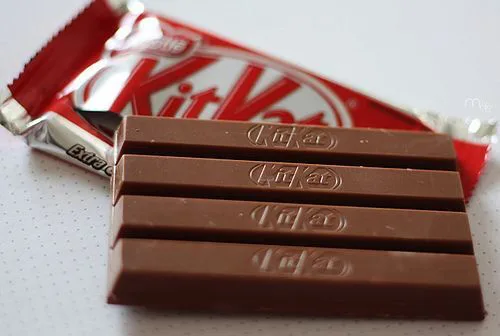
In today’s diverse and culturally rich world, dietary preferences and religious requirements play a significant role in the choices we make when it comes to food consumption. For Muslims, adhering to halal dietary guidelines is of utmost importance. One commonly asked question within this context is, “Is Kit Kat halal?” In this article, we’ll explore the halal status of Kit Kat products, the certification process, and considerations for Muslims looking to enjoy this iconic chocolate treat while staying within their dietary boundaries.
Understanding Halal Certification:
Halal, an Arabic term meaning “permissible,” refers to food and beverages prepared and consumed by Islamic dietary laws. Halal certification ensures that products have been produced and processed following these guidelines. For a product like Kit Kat to be considered halal, it must meet specific criteria, such as the sourcing of ingredients, production processes, and overall cleanliness of the manufacturing facilities.
Is Kit Kat Halal?
As far as I know, the cutoff date is September 2021, many Kit Kat products around the world are halal-certified, making them suitable for consumption by Muslims. Nestlé, the company behind Kit Kat has taken steps to ensure that its products meet the requirements of various dietary preferences, including halal. However, it’s important to note that the availability of halal-certified Kit Kat products may vary depending on the region and the specific guidelines set by local halal certification authorities.
Also Like: Is Red Bull Halal? Exploring the Halal Status of Red Bull Energy Drinks
Verifying Halal Certification:
To determine whether a specific Kit Kat product is halal, consumers can look for the halal certification symbol on the packaging. This symbol indicates that the product has undergone thorough scrutiny by halal certification bodies to ensure its compliance with Islamic dietary laws. Additionally, some regions provide online databases or resources where consumers can verify the halal status of various products, including Kit Kat.
Considerations for Consumers:
While halal certification assures Muslim consumers, it’s essential to remain vigilant and informed about any changes in the halal status of products. Companies may update their recipes, sourcing practices, or certification statuses over time. Therefore, it’s recommended that consumers regularly check for updates from reliable sources or certification authorities.
Conclusion:
In the quest for enjoyable and halal-compliant treats, Kit Kat enthusiasts can find a range of halal-certified options to satisfy their cravings. Nestlé’s commitment to catering to various dietary needs has resulted in many Kit Kat products bearing the halal certification symbol. By staying informed, reading labels, and verifying halal certification, Muslims can confidently indulge in their favorite chocolate wafer snack without compromising their religious beliefs. Remember to keep an eye out for the halal certification symbol on Kit Kat packaging, and enjoy your treats within the boundaries of your dietary preferences.
